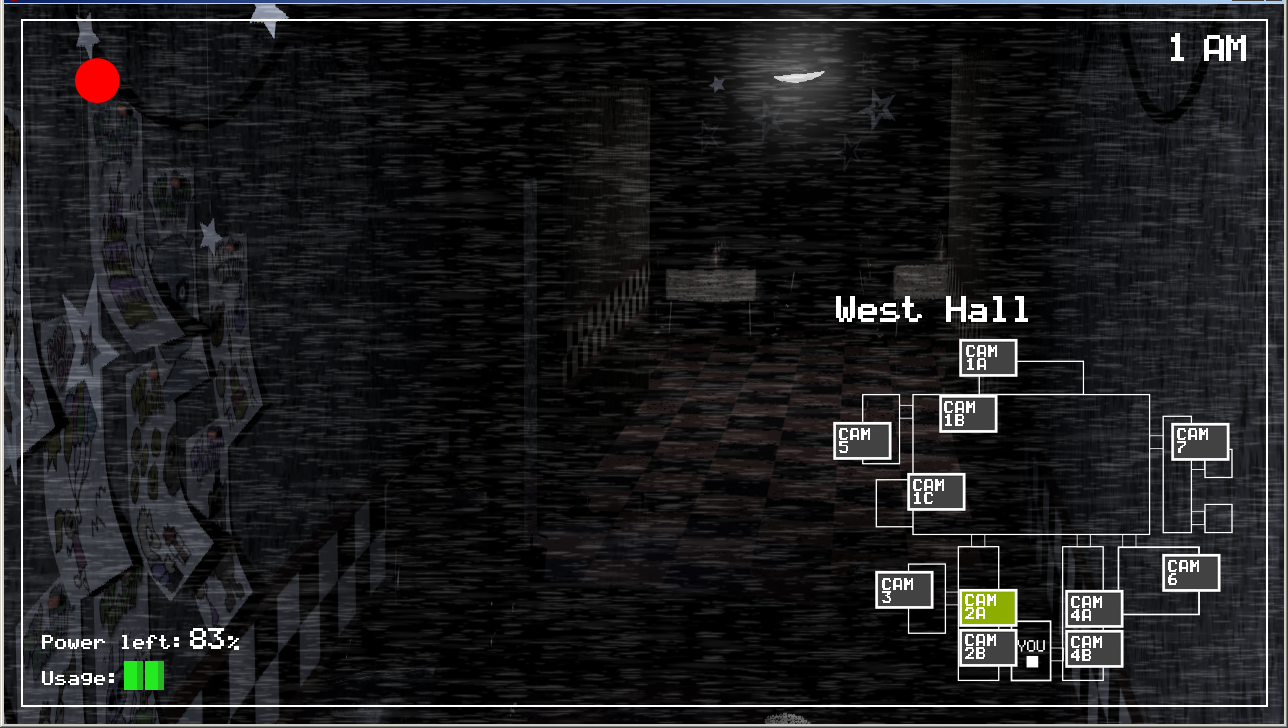We don’t perceive every single piece of information around us. Instead we must constantly fill in blanks in our knowledge to properly create a mental image of the world. This processes of filling in gaps is really important to understand and to exploit when crafting games.
Choices, Consequences and the Ability to Plan
This article goes over why it is so important for choices to matter in a game and how it all has to do with planning. If a user perceives that their actions have no consequences, you remove a core component of engagement – the ability to plan.
Planning – The Core Reason Why Gameplay Feels Good
In this post I dig into planning, and how it is a fundamental part of what makes a game engaging. Planning affects many aspects of what is so special about games and why we enjoy playing them. This post will go over the reasons behind this, and explains why planning is so important for narrative games.
The SSM Framework of Game Design
This article goes over a framework for understanding how videogames work. It divides games into systems, story, and a mental model, and then shows how these interact. Using this system makes it easier to make design decisions and enables one to have insights into the workings of a game.
Thoughts on Five Nights at Freddy’s
I have seen many people saying Five Nights at Freddy’s is simply a jump-scare fest. While the game does rely a lot on jump scares, I think it’s wrong to dismiss it just because of that. There are a number of aspects of Five Nights at Freddy’s that I find really interesting and I think it’s worth exploring them.
6 Reasons For Having a Defenseless Protagonist
Not having any combat can be really helpful to horror games and crucial in delivering the desired experience. This article presents the top 6 reasons for this and also explains how it ties into narrative games in general.
Story – What is it good for?
Do videogames really have to try to tell stories? Are they not just better off focusing on interactive systems and gameplay? In this post I argue that stories are fundamental to the play experience by supplying context. This story context is crucial in order for videogames to engage and make the gameplay easy to grasp.
Mental Models
The reality that we sense in front of us is a fiction created by our brains. A host of modules process information in various ways and the end result is a mental model of the outside world. Knowing how this works is crucial to game development as the shape of these mental simulations has a huge effect on how a game feels and plays.
Evoking Presence
Playing a videogame can put you in a state where the borders between your self and the character gets blurry. This is one of the major differences that sets games apart from other mediums such as films and literature. When creating games, evoking this feeling of presence is worth trying to achieve.
Navigating the Space of Game Design
Designing a game spawns an endless set of ideas – ideas that need to be sorted. In order to do this, you need a method of evaluating them. The following discusses five different gameplay models – ways of thinking about game design – that can be helpful in choosing between ideas, and how they affect the final game.


